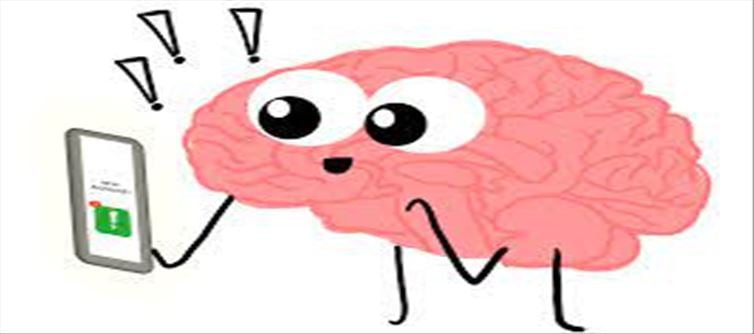
Dopamine is often associated with the brain's reward and pleasure systems, but its functions go beyond that. Dopamine is involved in regulating motivation, mood, attention, learning, and movement. It helps to transmit signals between nerve cells (neurons) in the brain, facilitating communication within different brain regions.
One of the key functions of dopamine is its role in the reward pathway. When something rewarding or pleasurable occurs, such as receiving a compliment or eating something delicious, dopamine is released in certain brain regions, creating a sensation of pleasure and reinforcing the behavior that led to the reward.
This reinforcement mechanism helps drive motivation, learning, and the formation of habits. Dysfunctions in the dopamine system have been implicated in various neurological and psychiatric conditions. For example, low dopamine levels are associated with Parkinson's disease, which is characterized by motor impairments.
On the other hand, excessive dopamine activity has been linked to conditions like schizophrenia, where individuals may experience hallucinations and delusions.So more dopamine also causes some changes to our body. It's important to note that while dopamine is often associated with pleasure, its role is more complex, and it interacts with other neurotransmitters and systems in the brain to influence a wide range of functions.




 click and follow Indiaherald WhatsApp channel
click and follow Indiaherald WhatsApp channel